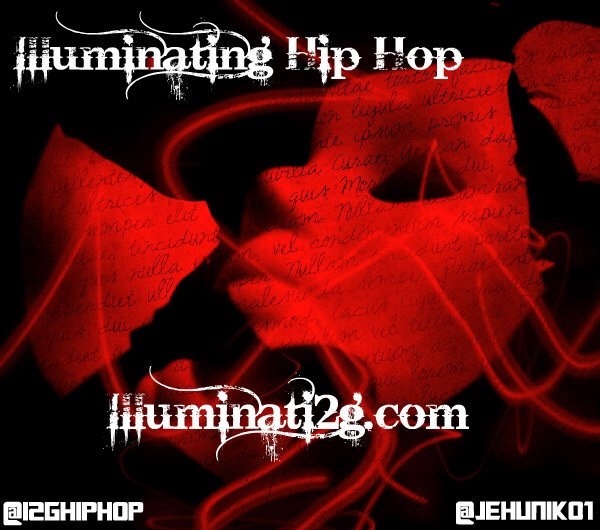|
Bigg Baggz – A Journey from the Streets to the Stage
Bigg Baggz discovered his passion for music early, growing up under the guidance of his grandfather, a DJ who owned and performed at local clubs. From the ages of 8 to 21, Baggz closely observed the craft, DJing his first party at just 14 years old. This early experience cemented his appreciation for how music could bring people together and serve as a therapeutic outlet.
Dedicated to honing his skills, Baggz mastered DJ etiquette, techniques, and the history of music across various genres. Influenced by legends like Master P, 2Pac, Biggie, the Hot Boyz, Outkast, Dr. Dre, Snoop Dogg, Wu-Tang Clan, Nas, Jay-Z, and DMX, he began freestyling at 16. Friends and family quickly recognized his raw talent, and his distinctive delivery earned him respect in both his neighborhood and at school.
Even as a hustler during his school years— selling everything from candy in elementary school to weed and hard drugs in high school and beyond—music remained a constant in Baggz’s life. Hearing Jeezy rap about the street life he was living inspired him to start recording at 19. His first experience was raw and unfiltered, using a karaoke machine and blank cassette tapes to create tracks in one take. His authentic storytelling resonated with listeners who knew his background, drawing them in and building his reputation.
In his early years, Baggz gained prominence in his community by defeating one of the best local rappers in a battle at the Amhurst Gardens projects. This victory solidified his status and drew the attention of local producers. His first studio session came in 2002 at a mini-mansion in Lake Norman with his cousin Mark Sparks, a producer known for working with artists like Anthony Hamilton, and K-Ci & JoJo, Sunshine Anderson, Slim da Mobster. Together, they created tracks for the project Cackalack Raw.
Baggz then formed Woodland Mafia with Ready Roc and Tiny Bitter. Their debut track, Wrapped Around the Benjies,laid the groundwork for the group’s first project, Streetwork. They distributed CDs on the streets, earning praise and gaining momentum through performances and features. Despite their success, the group disbanded in 2009 as its members pursued different paths in life. |

